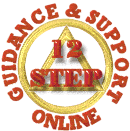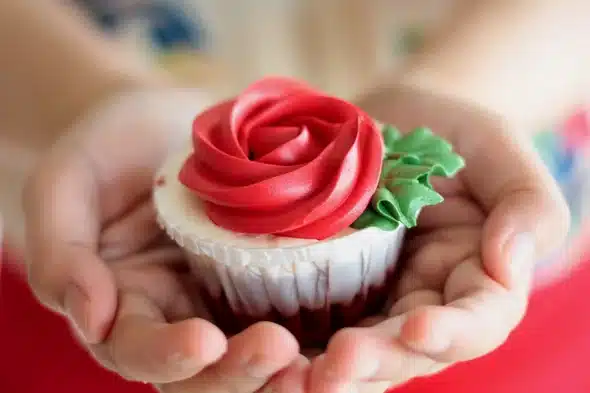Recovery Insight
SRG Members Collection
How the 3-3-3 Rule for Anxiety Can Calm Your Mind
How to Use the 3-3-3 Rule for Anxiety
If you find yourself getting caught up in anxious thoughts, you can use the 3-3-3 technique to bring your attention back to the present moment.
-
Look around: Identify three things you can see. Take a moment to really observe these objects, noting their details, colors, and shapes. “This process helps to shift your focus from internal anxiety to your external environment,” says McInnis.
-
Listen closely: Find three sounds you can hear. These could be as loud as a blaring siren or as subtle as the hum of an air conditioner.
-
Move your body: Move three parts of your body. It could be as simple as rolling your shoulders, wiggling your toes, or turning your head. Pay attention to the sensations caused by each movement.
The beauty of the 3-3-3 rule lies in its simplicity and accessibility—it’s a technique you can use anywhere and anytime. What’s more, you can repeat it as many times as needed, until you feel more calm and collected.
Scientific Basis of the 3-3-3 Rule
The 3-3-3 rule is a grounding technique. By engaging our body and our physical senses, grounding techniques interrupt the flow of anxious thoughts and bring our focus back to the present moment.
Let’s unpack how this technique works:
Engages the senses: Anxiety often has us ruminating over stressful or negative thoughts.2 The 3-3-3 rule forces us to shift our attention away from those thoughts and focus on our sensory experiences. Engaging the senses diffuses the hyper-alert state we’re in, says McInnis.
-
Promotes mindfulness: The 3-3-3 rule encourages mindfulness by directing our attention to our surroundings (things we see and hear) and our body (our movements). This helps to redirect our focus away from anxious thoughts and grounds us in the present moment, McInnis explains.
-
Calms the stress response: Anxiety often triggers the body’s stress response, leading to physical symptoms like increased heart rate and muscle tension.3 Grounding exercises, like the 3-3-3 technique, activate the parasympathetic nervous system, which counteracts the stress response and relaxes the body.
-
Disables triggers: The 3-3-3 rule helps redirect our attention from internal anxiety triggers to external, non-threatening stimuli. This can help reduce the power of the trigger.
-
Relieves muscle tension: Physical movement relieves muscle tension, a common symptom of anxiety, and promotes a sense of control over the body, further anchoring us in the present.


“Stop cheating on your future with your past. It’s over….”
10 Rules for Happiness
-
Don’t blame others for making you unhappy! Take responsibility for making yourself happy.
-
Give yourself permission to make yourself happy – even if in so doing, others make themselves unhappy.
-
Make time for yourself to do things which bring you pleasure and enjoyment in the short-term without sacrificing your long-term goals.
-
Do things for others and your community without expecting anything back in return.
-
Sacrifice short-term pleasures and put up with short-term discomforts when it helps you achieve longer-term gains.
-
Accept the fallibility of others as well as yourself.
-
Don’t take things personally.
-
Take healthy risks even when you might fail at things at work or in your personal relationships.
-
It doesn’t matter so much what people think about you and what you are doing.
-
See uncertainty as a challenge – do not be afraid of it.
https://www.smartrecovery.org/smart-recovery-toolbox/10-rules-for-happiness/
Emotional Healing ☺
Tips for You As You Heal
Practice self-compassion—you’re not broken. It’s pretty hard to heal if you’re beating yourself up all the time, and one study showed that those who practice self-compassion show greater increases in well-being than those who didn’t.
Thank yourself. Yes, that’s right—thank yourself. Despite the emotional pain you’ve experienced that’s leading you on this emotional healing journey, you have made it this far. Whatever coping mechanisms you used worked for you at the time, even if they don’t work now, or weren’t the “healthiest” in the first place.
Don’t go it alone. Science shows we heal better together. Your instinct might be to go into hiding until you are “done” healing, but the reality is that your friends and family probably want to help you! Reach out to someone who feels safe.
Don’t try to “fix” it all at once. Emotional healing is not simple, and whatever happened to you likely has deeper roots in you than you realized and may be affecting you in many ways. Back to being realistic: don’t expect to fix all the ways your issue or trauma has affected you all at once.
Sit through it. This may be one of the hardest things to do. You are likely experiencing a range of deep feelings such as sadness, grief or rage. Those aren’t fun emotions and it’s tempting to want to ignore them or rush through them. It will be uncomfortable but acknowledging tough feelings is part of healing. The good news is that feelings do pass even if it doesn’t feel like they will.
know that progress isn’t linear. You may feel like you are making the best breakthroughs, and then you have a terrible day where you feel like all of your emotional healing has been undone—or that you did something wrong. If you broke a leg, you might have a bad day where you’re in pain again despite a sustained period of healing.
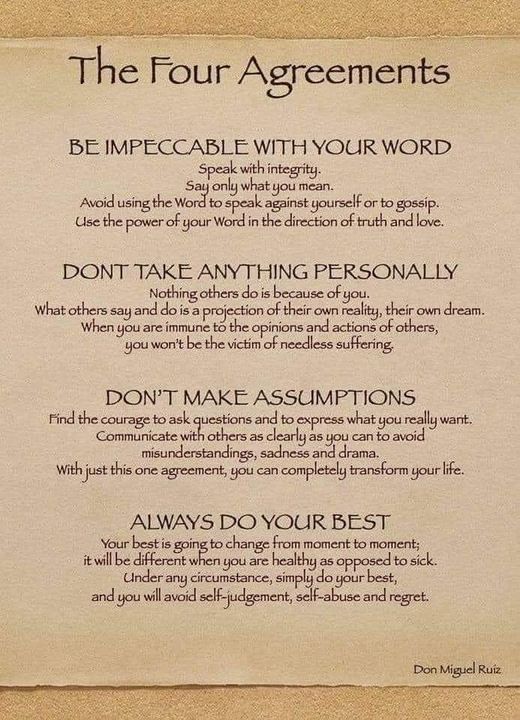
Tiny Thought
Eventually, everyone loses the battle with willpower; it’s only a matter of time. Consider my parents. Neither of them smoked when they joined the armed forces, but it didn’t take long for them to join their smoking co-workers. At first, they resisted, but as the days turned into weeks, the grind of saying no when everyone else was saying yes wore them down. Decades later, quitting proved nearly impossible when they turned to willpower. Everyone around them smoked. The very same force that encouraged them to start was preventing them from stopping. They were only able to kick their habit when they changed their environment. They had to find new friends whose default behavior was their desired behavior.
The people with the best defaults are typically the ones with the best environment. Sometimes it’s carefully chosen, and sometimes it’s just plain luck. Either way, it’s easier to align yourself with the right behavior in the right environment.
The way to improve your defaults isn’t by willpower but by creating an artificial environment where your desired behavior becomes the default behavior.
Joining groups whose defaults are your desires is an effective way to create an artificial environment. If you want to read more, join a book club. If you want to run more, join a running club. If you want to exercise more, hire a trainer.
Your environment will do a lot of the heavy lifting for you if you align it with where you want to go.
Self-Care
We often refer to recovery from codependency and adult child issues as self-care. Self-care is not, as some may think, a spin off of the Me generation. It isn’t self-indulgence. It isn’t selfishness – in the negative interpretation of that word.
We’re learning to take care of ourselves, instead of obsessively focusing on another person. We’re learning self-responsibility, instead of feeling excessively responsible for others. Self-care also means tending to our true responsibilities to others; we do this better when we’re not feeling overly responsible.
Self-care sometimes means, me first, but usually, me too. It means we are responsible for ourselves and can choose to no longer be victims.
Self-care means learning to love the person we’re responsible for taking care of – ourselves. We do not do this to hibernate in a cocoon of isolation and self indulgence; we do it so we can better love others, and learn to let them love us.
Self-care isn’t selfish; it’s self-esteem.
Today, may I remember to love myself. To let go of feeling excessively responsible for those around me. What do I need to do to take care of myself and be appropriately responsible to others.
Kindness Can Have Unexpectedly Positive Consequences
Scientists who study happiness know that being kind to others can improve well-being. Acts as simple as buying a cup of coffee for someone can boost a person’s mood, for example. Everyday life affords many opportunities for such actions, yet people do not always take advantage of them.
In a set of studies published online in the Journal of Experimental Psychology: General, Nick Epley, a behavioral scientist at the University of Chicago Booth School of Business, and I examined a possible explanation. We found that people who perform random acts of kindness do not always realize how much of an impact they are having on another individual. People consistently and systematically underestimate how others value these acts.
Across multiple experiments involving approximately 1,000 participants, people performed a random act of kindness—that is, an action done with the primary intention of making someone else (who isn’t expecting the gesture) feel good. Those who perform such actions expect nothing in return
These findings suggest that what might seem small when we are deciding whether or not to do something nice for someone else could matter a great deal to the person we do it for. Given that these warm gestures can enhance our own mood and brighten the day of another person, why not choose kindness when we can?
>Where you focus (In Recovery) can hold you back
Focusing on the outcome makes the gap between now and the finish line seem larger than it is.
Yesterday I wanted to go for a long run. That little voice in my head said “Imagine running for 90 minutes. Dude, you didn’t sleep well, and that’s a lot of effort. Let’s save our energy and check Twitter instead.”
Taking the first step seems impossible when the gap between now and your desired outcome seems large.
Changing your focus changes the size of the gap between now and achievement. When you shrink the gap, doing what you know you want to do becomes easier. I was focused on the gap between now and 90 minutes from now. The gap I needed to focus on was between me putting my shoes on and running to the end of the block.
This happens with my kids all the time too. They often come home with a boatload of homework that takes them hours. When they focus on the gap between getting home and being done, getting started is hard. “I’ll never get all this homework done.” When they focus on doing the first exercise, action becomes inevitable.
Don’t focus on writing a book. Focus on writing a good sentence.
Don’t focus on getting healthy. Focus on cooking a healthy meal tonight.
Focus on the next step.
Finding Strength in Recovery
• “Sometimes when in a dark place you think you’ve been buried, when actually you’ve been planted.’ – Christine Caine, author
• “Sometimes we motivate ourselves by thinking of what we want to become. Sometimes we motivate ourselves by thinking about who we don’t ever want to be again.” – Shane Niemeyer, athlete and motivational speaker
• “Out of suffering have emerged the strongest souls; the most massive characters are seared with scars.” – Khalil Gibran, writer
• “The way to measure your progress is backward against where you started, not against your ideal.” – Dan Sullivan, entrepreneur
Competence is often less of a problem than confidence.An underrated aspect of doing anything hard is believing in yourself. Action creates both confidence and momentum.
When action seems hard, narrow the gap between where you are and what you focus on.
A marathoner who hits a wall running at mile 5 doesn’t focus on the end of the race; they focus on getting around the next corner. Then, the next corner.What’s the smallest step you can take right now to make progress?
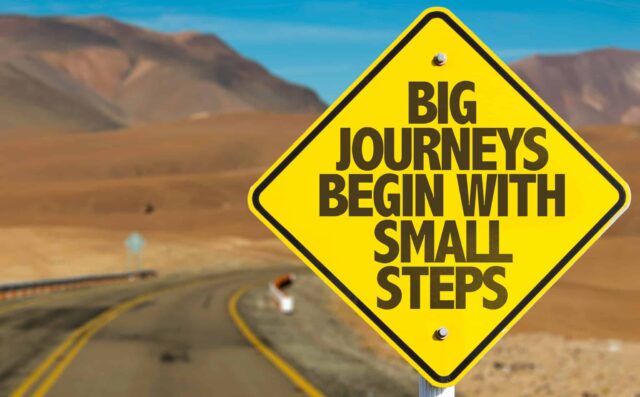
Why hide deficiencies instead of overcoming them?
Why look for friends or partners who will just shore up your self-esteem instead of ones who will also challenge you to grow? And why seek out the tried and true, instead of experiences that will stretch you? The passion for stretching yourself and sticking to it, even (or especially) when it’s not going well, is the hallmark of the growth mindset.
This is the mindset that allows people to thrive during some of the most challenging times in their lives.<
Reduce Stress through Mindfulness
RAIN
The term RAIN is an acronym for Recognizing, Accepting, Investigating and Non-Identification. This specific approach is used by people who are struggling with different emotions that contribute to their personal stress level. Many celebrities use mindfulness type approaches to promote wellness, including Chris Evans, Jared Leto and Chris Pine.
Let’s walk through each part of RAIN so that you get a better understanding of how this mindfulness based technique can help you better deal with stress.
Are you ready? Let’s jump right in!
Recognizing
Before you can deal with what is stressing you, it is important to know what you are feeling. This can only begin when you recognize the emotion that you are experiencing. Examples include anger, sadness and frustration.
Some people find it helpful to take a few deep breaths and purge their mind of negative energy so as to better recognize what they are feeling. You don’t need to get all new-age with this. Just inhale and exhale and focus your attention on the process of breathing.
Accepting
Now that you have identified the emotion you are feeling, it is important to simply go with it. This means accepting the emotion. If you are used to denying what you are feeling, you may be making your stress worse.
This is simply because denial paradoxically makes what we are feeling stronger. Using a mindful approach, all you need to do is say to yourself what you are feeling. Example: “I’m feeling angry right now.” Another example might be, “I’m feeling overwhelmed right now.” The point here is to name the emotion and own it.
Investigating
This part can be confusing but only if you allow this to happen. Investigating really just means observing the different things going on in different parts of your heart, body and mind. A few helpful questions to ask yourself might be: “What am I aware of in my body with this emotion?” and “Where am I feeling this emotion on my person?”
Some people notice a burning sensation in the stomach. Others are able to identify tension in the shoulders. And still others are aware of stiffness in the back. The idea is to investigate where you are experiencing the emotion physically. Make sense?
Non-Identification
The final part of RAIN is designed to let you step away from the emotion you are feeling. By placing distance between yourself and your emotion, you create a pathway for the feeling to pass.
As Shamash Alidina shares in her book, Mindfulness for Dummies, the word emotion has the word motion in it. When you can place distance between what you are feeling and your physical person, you allow that emotion to fully process and move on..
Final Thoughts
There are plenty of other natural ways to work through stress. These include body building, general physical activity and meditation. Sometimes, however, stress can be triggered by something in the immediate moment that we are feeling.
By remembering to use RAIN as when we are feeling stress, you can go about the business of better processing your emotions and detoxifying from stress. Now that doesn’t sound too bad – does it?
Tiny Thought…..
The older I get, the more I realize how valuable it is to let go of the anchors holding you back.
When someone makes a mistake, forgive them. When someone wrongs you, move on. When someone slights you, let it go. When someone tells you they didn’t mean it, believe them. When someone tries to pull you down, let them go.
Moving forward helps a lot and doesn’t cost a thing.
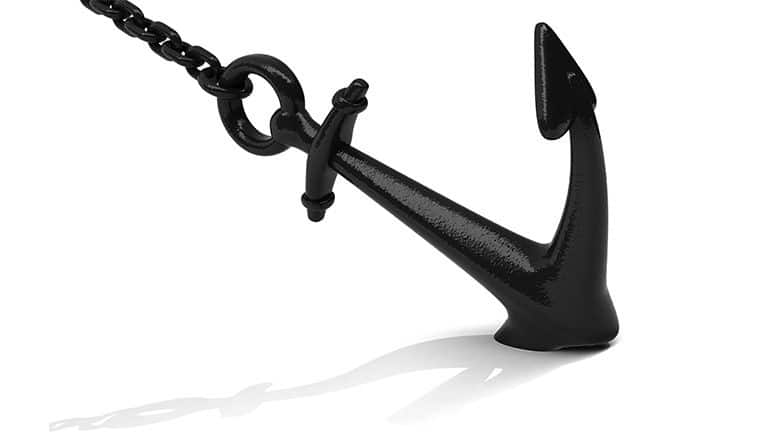
Helen Keller recalls her experience at the well with her teacher:
“As the cool stream gushed over one hand she spelled into the other the word water, first slowly, then rapidly. I stood still, my whole attention fixed upon the motions of her fingers. Suddenly I felt a misty consciousness as of something forgotten–a thrill of returning thought; and somehow the mystery of language was revealed to me. I knew then that “w-a-t-e-r” meant the wonderful cool something that was flowing over my hand. That living word awakened my soul, gave it light, hope, joy, set it free! There were barriers still, it is true, but barriers that could in time be swept away…”

The insight of true recovery is much the same. It’s an awakening of something forgotten from the time you were a child that you were whole and well and can always be so. Remembering your true nature can unlock unlimited mental health and allow you to feel much like Helen did at the well: light, free, full of hope, and understanding that whatever barriers you may encounter in the future, they can be met and overcome.

―

― Brittany Burgunder

Insight
“Hope begins in the dark, the stubborn hope that if you just show up and try to do the right thing, the dawn will come.”

Insight
“As I came down from the mountain, I recalled how, not many years ago, it was access to information and movement that seemed our greatest luxury; nowadays it’s often freedom from information, the chance to sit still, that feels like the ultimate prize. Stillness is not just an indulgence for those with enough resources—it’s a necessity for anyone who wishes to gather less visible resources.”
— Pico Iyer in The Art of Stillness
How to live a Life of Misery:
-
Be unreliable
-
Do not learn from others’ mistakes
-
Let life knock you down (and don’t get up)
-
Let addiction take over
The title is based on inversion, a concept whereby you solve a problem by asking the and answering the reverse question (i.e. “How do I live a happy life?” becomes “What would I do to ensure a miserable life?”).
”The pessimist complains about the wind; the optimist expects it to change; the realist adjusts the sails.”

―
Joshua Medcalf on grit:
The irony is that this ‘fake it till you make it’ tactic is the exact opposite of how truly successful people live. They live with authentic vulnerability because they know that the world always connects more with your grit than your shine. They might show up for the shine, but they will stay because of your grit.”
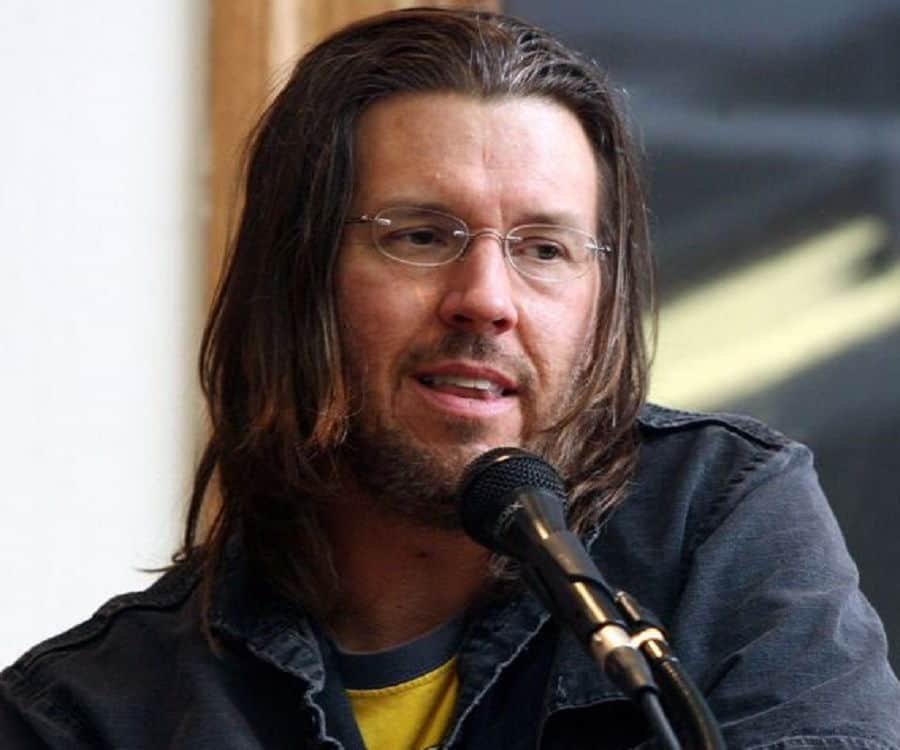
Disgust
One does not usually equate the word “disgust” with positive action. And yet properly channeled, disgust can change a person’s life. The person who feels disgusted has reached a point of no return. He or she is ready to throw down the gauntlet at life and say, “I’ve had it!” That’s what I said after many humiliating experiences at age 25. I said, “I don’t want to live like this anymore.”
Productive feelings of disgust come when a person says, “Enough is enough.” That person is primed to become something new.
Tiny Thought
Common causes of bad decisions:
2. Wanting the world to work the way we want rather than the way it does
3. Conforming to expectations/authority/group (social default)
4. Blindness to large trends (blind spots)
5. Not asking, “and then what?”
ENOUGH
The writers Kurt Vonnegut (Slaughterhouse Five) and Joseph Heller (Catch-22) were at a glamorous party outside New York City. Standing in the palatial second home of the billionaire host, Vonnegut began to needle his friend. “Joe,” he said, “how does it feel that our host only yesterday may have made more money than your novel has earned in its entire history?”
“I’ve got something he can never have,” Heller replied.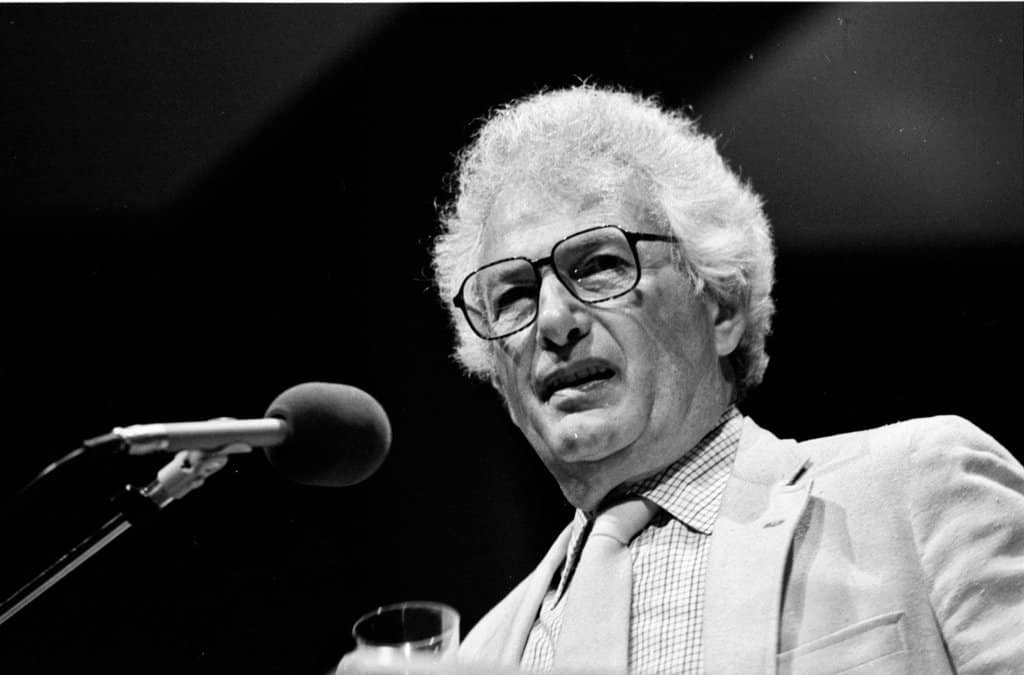
“The knowledge that I’ve got enough.”
Kurt Vonnegut:
“Practice any art, music, singing, dancing, acting, drawing, painting, sculpting, poetry, fiction, essays, reportage, no matter how well or badly, not to get money and fame, but to experience becoming, to find out what’s inside you, to make your soul grow.

Laura Davis
Tiny Thought
There is a rule that has helped me put failures and victories into their proper perspectives.
The 24-hour rule states that you turn the page every day. No matter what. You can celebrate or cry but tomorrow you turn the page. Tomorrow is a new day.
We all know the person at the office that hangs on to the past. They remind of us of the project they worked on 10 years ago that was a success. Or they let a temporary defeat turn into a permanent one. They are anchored to the past and it prevents them from seeing the future.
Learn from the past but don’t hang on to it. Yesterday is irrelevant.
10 Rules to Live By:
-
Focus your energy.
-
Guard your time.
-
Train your mind.
-
Train your body.
-
Think for yourself.
-
Curate your friends.
-
Curate your environment.
-
Keep your promises.
-
Stay cheerful and constructive.
-
Upgrade the world.
Tiny Thought
What seems like the fast way in the moment is the long way in the end.
In an effort to go faster and outsmart the process we turn to shortcuts, cut corners, and engage in short-term behavior. While it might seem like we’re going faster, these tiny debts accumulate into an anchor.
Short-term actions eventually become long-term weights…

– Anne Lamott
“What the pupil must learn, if he learns anything at all, is that the world will do most of the work for you, provided you cooperate with it by identifying how it really works and aligning with those realities. If we do not let the world teach us, it teaches us a lesson.”
I knew back at a very young age that I don’t need to rely on an entity of any kind to get thru life with flying colors.
Maybe I’m just in touch with my deeper self, or my soul has wisdom from the universe?
I’ve never wavered from that course, and will be celebrating 11 yrs without alcohol in my life or in my body. WITH a quality of life second to none. I see others in mainstream AA rely so heavily on a god, that if something bad happens they BLAME it on God. Holy hell lol …..that is self-doubt if I’ve ever seen it!
Yvonne Hamer

Insight
“We have to be willing to confront the world as it is, not as we want it to be if we’re going to be successful.”- — Barry McCarthy
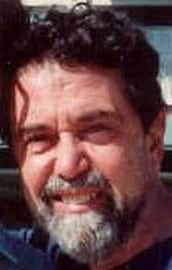
“……….Anyone can do something once. Not everyone can do it consistently. Eating healthy for a meal is common. Eating healthy all week is not. Working out occasionally is common. Working out a few times a week is not. Going to bed on time is easy. Doing it for a week is not.”
SRG
Tiny Thought
Vacation won’t make things better. Changing jobs won’t make things better. Getting the recognition you deserve won’t make things better. Drugs won’t make things better.
The only thing that will make things better is your relationship with yourself.
“When someone is properly Grounded in Life, they shouldn’t have to look outside themselves for approval.
Epictetus -Discourses 1:21
Love
The language of love is Respect and Appreciation.
Sex and flowers are low on the list.
We often think sobriety is the end of the world, that our lives are over, and we’ll never have fun again. But that’s not true.
Let’s face it. Getting sober can be the scariest time in your life. We often think it’s the end of the world, that our lives are over, and that we’ll never have fun again. But these are all just a few common misconceptions about the sober life. Although getting sober can be tough, it’s rewarding, and to shut down any fears you may have about sobriety, we’re talking about exactly what sobriety is and what it isn’t.
SRG
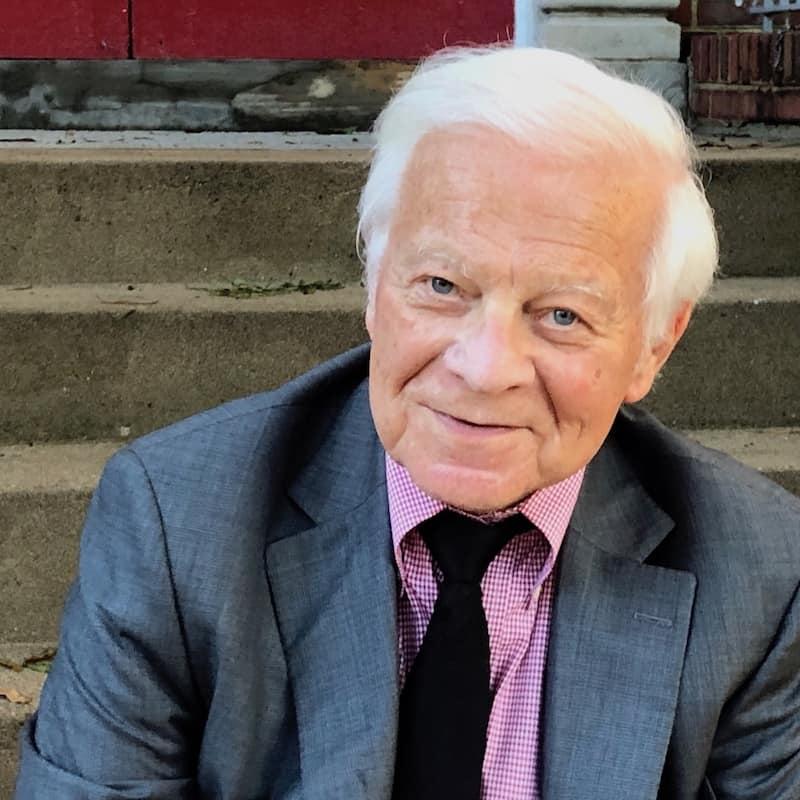
“But frequently, this replication of history is precisely what we do.”

“Why are you telling me this?” I ask.
At last she looks at me. Her irises are polished obsidian in the moonlight. “Because I want you to know,” she says, “that there is life after survival.”
― Mackenzi Lee, The Gentleman’s Guide to Vice and Virtue
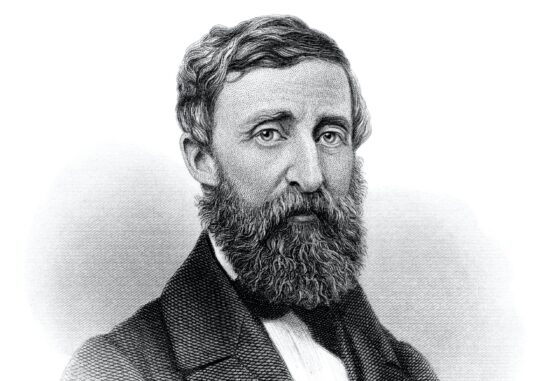
HENRY DAVID THOREAU
Just for Today.……..
Just for today, drop out of the race. Take it easy, relax, sip some tea, feel the sunshine. Today, you do not have to be anything or do anything to prove your worth. Who you are at this moment is all that you are. You are not your past, nor your future. Who knows what lies in your future, but that is not your today. You may have hopes and dreams, but the only way to get there is through today. Make it a good one.
SRG
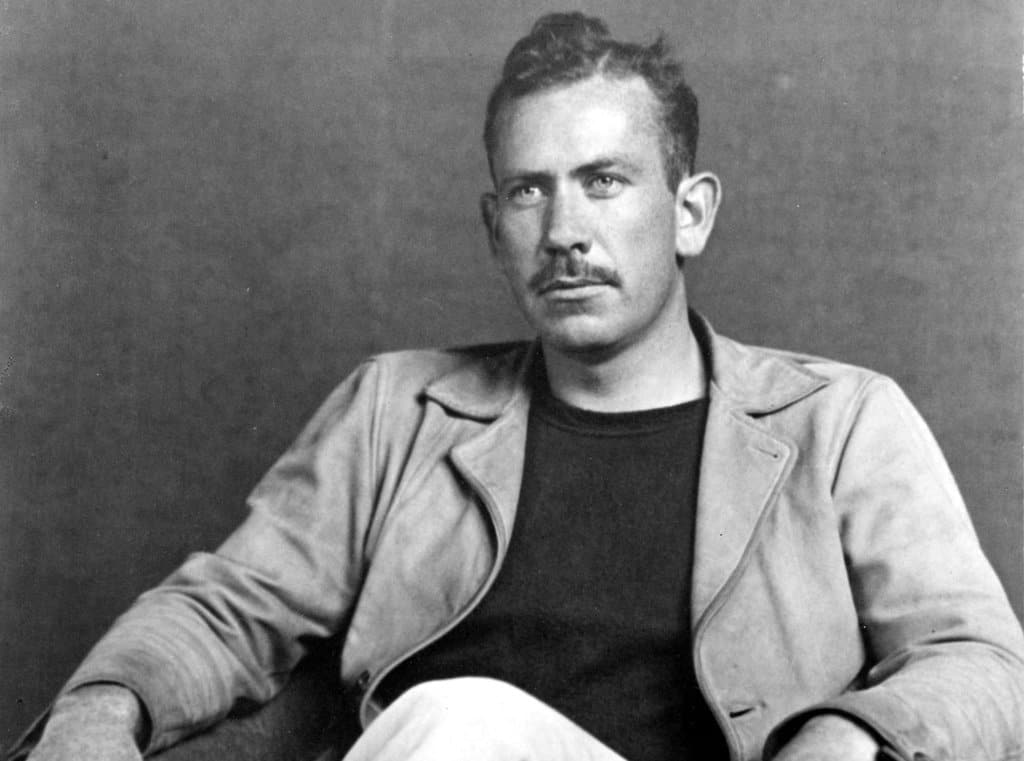
JOHN STEINBECK
Elizabeth Gilbert reflects on the death of her partner:
“I have learned that Grief is a force of energy that cannot be controlled or predicted. It comes and goes on its own schedule. Grief does not obey your plans, or your wishes. Grief will do whatever it wants to you, whenever it wants to. In that regard, Grief has a lot in common with Love. The only way that I can “handle” Grief, then, is the same way that I “handle” Love — by not “handling” it. By bowing down before its power, in complete humility.”
One of my favorite things about working on recovery is when things don’t go how I want and I feel down or I just feel down or whatever, it feels less like the world is ending and that tendency to hate myself isn’t as all encompassing. All sorts of days still happen and I still have my doubts and rough moments, but it’s so much better having access to tools that aren’t about harming myself.
Marisa Banes
My intention for today is not to look for signs and do things to show that a rough start means the whole day is crap. I can choose that route if I want and I can choose to work myself up or be hard on myself or be angry at people not doing what I want etc etc.
Maybe a secondary goal is if the rest of the day seems to be going the way this part started out is realize I get some choice in how I see things if I choose the rosey and happier way or not. And whatever choice I make I don’t need to judge myself for it.
I’m impressed to have gotten to this point this morning as I had absolutely no willingness to begin with. Currently, these days, I’m the stable one in my household. If there were a contest for it I believe I’d be winning! Yes that’s humor. Or is that being sardonic maybe? Not sure what that word means.
This post brought to you all by my incessant need to share and vent.
Marisa Banes
Connection Is Important for Sober Living
The isolation that comes with acting out is the atmosphere that allows addiction and all of its associated emotions – shame, guilt, frustration, despair – to take root and thrive. Connecting with others, whether friends, family, or acquaintances, takes us out of that spiral of negative emotion and into an environment that fosters community, friendship, and support – all of which are at the core of recovery.
The Small Steps of Giant Leaps
A lack of consistency keeps ordinary people from extraordinary results. It’s like we’re Sisyphus rolling a boulder halfway up the hill, only to throw our hands in the air and go home. When we show up the next day, we see the boulder at the bottom of the hill. Not only did this undermine our progress but it makes getting started even harder.
Excelling at the small choices that compound over time perpetually leaves you in favorable circumstances. No matter what happens in the world, you’re never in a position where you are forced into a bad decision.
If you want results you need to be willing to pay the price. The price is both easier than you imagine and harder than you think. The price is consistently doing the small choices that put you on the path to success for years. The price is knowing that time is working on your side even when the results don’t show it … yet.
When you look below the surface, giant leaps aren’t really giant leaps at all. They’re a series of ordinary choices that suddenly become noticeable. If you look for the magic moment, you’ll miss how ordinary becomes extraordinary.
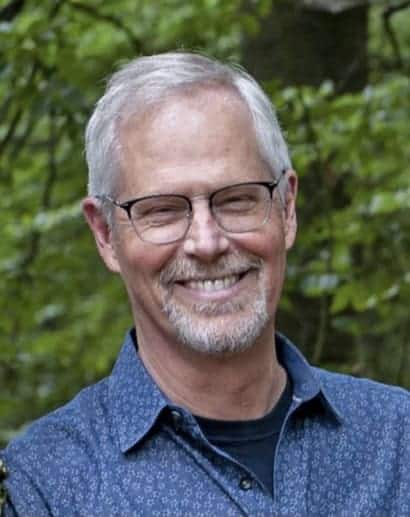
CHRISTOPHER GERMER
“Most of my regrets—things I wish I’d done, things I wish I’d said, stands I wish I’d taken—have one thing in common: Fear…I should have quit certain jobs sooner, I should have come out and said what I thought more clearly, I should have believed that I’d figure out how to get through it, even if things went wrong.”

I can only be where my hands and feet are. Today I will use my hands for service and take one step at a time, being sure not to get ahead of myself.


– Miyamoto Musashi, 21 Precepts to Live By
“Just when the caterpillar thought the world was over, it became a butterfly.” ~Zen proverb
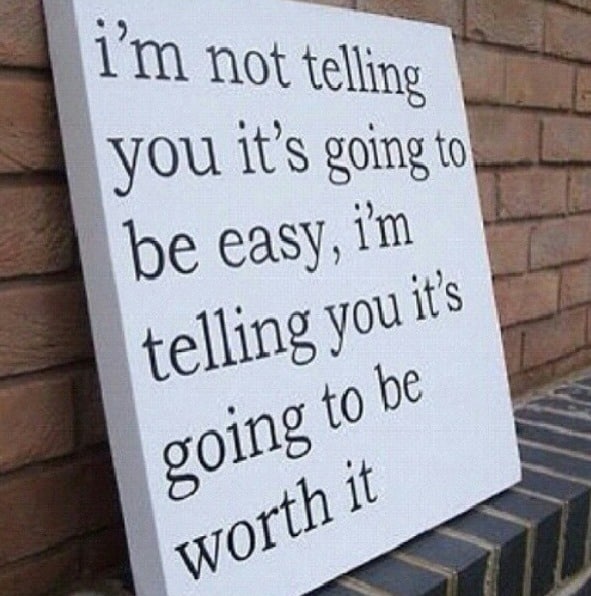
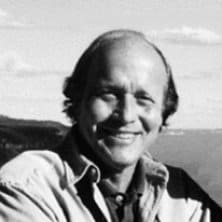
H. JACKSON BROWN, JR.
If someone admits they made a mistake, have the grace to let it go.
Holding it over them ensures they won’t be quick to admit they were wrong in the future.
Outcome over ego
When all else fails on Gratitude , this is best quote I have heard, from Oliver Sacks little book titled Gratitude – Written while he had terminal cancer .”‘ Above all, I have been a sentient being, a thinking animal, on this beautiful planet, and that in itself has been an enormous privilege and adventure. “
Truly gets to the core, the gift of life, you won the cosmological, biological lottery a million times over. Thanks for the gift and the adventure.
Irv Lammie
Time Takes Time. There is no way around that.
This is true for your parents, your friends, your family and everyone in between.
Time does not play favorites. Time does not allow for shortcuts. If you have six years in recovery, you have earned those six years. Those same six years have taken just as long for the men and women next to you as it has anyone else.
There needs to be some acknowledgement for that because the reality is that every day is filled with opportunities for relapse.
It is easier to relapse than it is to stay sober. It is easier to “slip” or to say fuck it or to pop that pill because it will make you feel better. Every second that you stay sober is a choice and the longer you stay sober, the stronger your armor will be.
This time has power. The correlation between length of sobriety and the relapse rates can’t be denied. The longer you stay sober, the better your chances are for staying sober. Every second that ticks by is another reason to celebrate. Every second is another lesson learned and another tool in the sobriety toolkit.
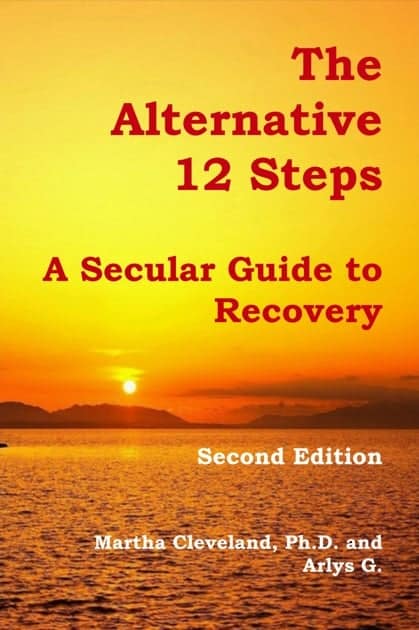
― Martha Cleveland – The Alternative 12 Steps: A Secular Guide to Recovery
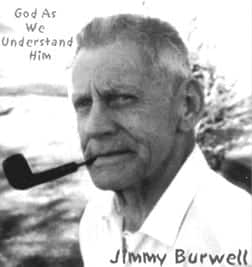
“You see the real idea was that all you had to have was a spiritual experience. Get down on your knees, understand your problem, and no more booze. We had no more idea in the world, I give you my word on this, in ’38, that the reason we were staying sober was that we were holding on to each other… We began to see that only those going to meetings were staying sober.”
-James Burwell, AA pioneer, author of “The Vicious Cycle” Alcoholics Anonymous — Second Edition
The Talk
James Hollis believes that something deeper lives beneath the ‘voice in our head’. Underneath the ego lies the vast forces of the unconscious – the psyche – which has its own plan for us.
The responsibility of each person, is to figure out what they are, and then heed that call instead of resisting it.
This is a radical and challenging way of thinking about yourself. It means that what you think you want from life probably isn’t what life wants from you. And it means that living meaningfully is almost certainly going force you out of comfort and certainty, and into suffering and the unknown.
Often we try to just ignore this deeper level but when suppressed, it usually surfaces somewhere eventually as depression or insomnia or bad dreams. When we are off track, the soul protests.
At any major point in life, Hollis argues we should ask of ourselves: “Does this path, this choice, make me larger or smaller?”
The usual question we might pose in life is “Will this make me happy?” – but few of us actually know what will make us truly happy. Ask instead whether a choice will make you larger or smaller, and surprisingly often the answer is obvious.


